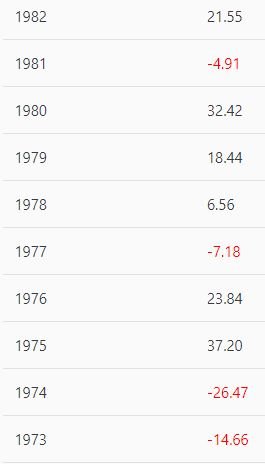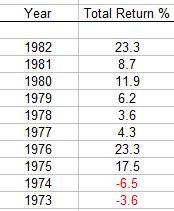MichealKnight
Full time employment: Posting here.
- Joined
- May 2, 2019
- Messages
- 520
I have zero experience or training to know if inflation is going to get really bad. But, I do feel that energy demand may not go away soon, and higher wages - are a fixture that will stay so if energy and labor costs more, stuff is gonna cost more, not to mention QE-whatever isn't stopping.
Theory is to be out of fixed-income if you feel inflation is going to be high.
VWINX is a fund I really like for my style, my needs and goals. I love how historically it's performed especially in down markets. The diversification, the high quality boring stocks - all my cup of tea.
But...it's 60% BONDS.
If inflation is here to stay and getting higher....is VWINX still a good place to be?
FWIW all the billionaire investor gurus on CNBC last week claim to be investing for inflation.....
Theory is to be out of fixed-income if you feel inflation is going to be high.
VWINX is a fund I really like for my style, my needs and goals. I love how historically it's performed especially in down markets. The diversification, the high quality boring stocks - all my cup of tea.
But...it's 60% BONDS.
If inflation is here to stay and getting higher....is VWINX still a good place to be?
FWIW all the billionaire investor gurus on CNBC last week claim to be investing for inflation.....





